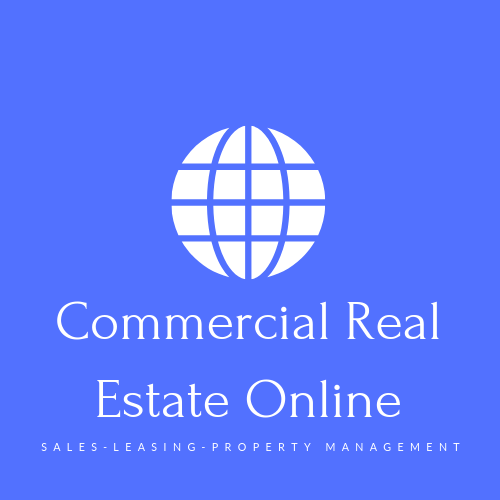To get started in commercial real estate brokerage and agency today it is essential that you undertake a full review of the property market, your competition, the listings, and the business community. In reviewing those things, you can make some clear choices and take up on the opportunities that you identify.
(N.B. these ideas are also sent out to regularly to our friends in Commercial Real Estate Online Snapshot to help amplify brokerage results…. Get your access here)
Whilst you may work for a brokerage within a particular location, there will be strengths and weaknesses to consider and address as you establish your career; make the right choices and build the momentum that you need as an individual broker and agent. The right choices, and some specific action steps will help you move ahead faster in the industry.
Understand your market
Every property market is unique and different; your professional services will need to be shaped into the local market conditions and the opportunities that you identify on the horizon. You can move through some choices relating to sales, leasing, and property management. You can also choose the property types that suit your skills and local property knowledge.
You can develop your skills according to the prevailing market conditions and the property types locally. All of these elements require a definite plan and a definite approach.
Here are some ideas to help you get started in your career in commercial real estate today:
- Licensing laws – understand the property licensing laws that apply to commercial real estate in your town or city. Visit the local licensing authority for real estate agents and brokers so that you can see how the licenses are issued, the costs involved, and review the local knowledge required to pass the appropriate examinations. There will always be plenty of other competitors in the location chasing listings and clients. Your skills and your local property knowledge will need to be shaped over time to improve your listings and your commissions. There is an education process here and also the relevant licenses to obtain.
- Location specialization – review the location in which you are going to work, and understand the property precincts of activity. You may be restricted in the locations where you can work, so look into the locations specifically and ask all the right questions before you make final decisions. The location or locations may have limitations when it comes to future listing opportunity. The size and the types of assets within the locations will dictate the levels of sales and leasing activity that you can attract.
- Professional skills and property knowledge – in looking at a property zone or precinct, understand how you can build the professional skills and the local property knowledge to compete with the other agents. Some agents are better than others, and some of those agents will already dominate the location for particular reasons. That assessment needs to be done as soon as possible as you consider entering into the property market as a broker or agent.
- Market specialization – it is very difficult to work with all property types from a sales or leasing perspective. There are just too many facts to understand and listings to cover. Look into the local property market so that you can specialize within certain property types. In that way you can become the agent of choice attracting more business and client opportunity.
- Brokerage selection – some brokerages offer more support than others. They can also be very different when it comes to administration, listings, client contact processes, and commissions. There will also be a degree of marketing and promotional support driven from the brokerage level. Ask questions about how these things are done and who pays for each particular process. Marketing in commercial real estate today can be expensive. The listings should be promoted through vendor paid marketing in most cases. You will also require a personal and professional marketing process for yourself. The brokerage may dictate how personal marketing that is done. They may also apply certain costs to the process as part of your employment package. Regardless of who you work for and how many skills you think you may bring to your career, it will very likely take you at least 3 to 6 months to generate some momentum in listings, commissions, and clients. For some brokers and agents, it takes a lot longer. Be prepared for some hard work, and make sure that you choose the correct brokerage to support your actions and momentum.
- Personal marketing plan – as mentioned earlier, you should develop a personal marketing program to send a message of attraction to the right clients, the investors, and the business leaders locally who may need your services. You want those people to remember you at the right time when they reach a property or commercial real estate challenge. On that basis your personal marketing plan will be very important. It should cover the media channels available to you both online and off-line. Understand how you can promote your services through your existing listings, your clients, and referrals; also use the fullest promotional opportunities available in social media. Spread your message professionally, personally, and comprehensively using the information from the local area. The property related knowledge that you have now as an industry specialist, and can generate from the location will be a point of difference in your marketing. Use it as leverage when you talk to do people and existing clients.
So there are plenty of things that you can do here to fast track your career in commercial real estate brokerage. Establish a plan to help you get started as a broker or an agent working on commercial property today. Refine that process over time to increase your traction and your career results.

